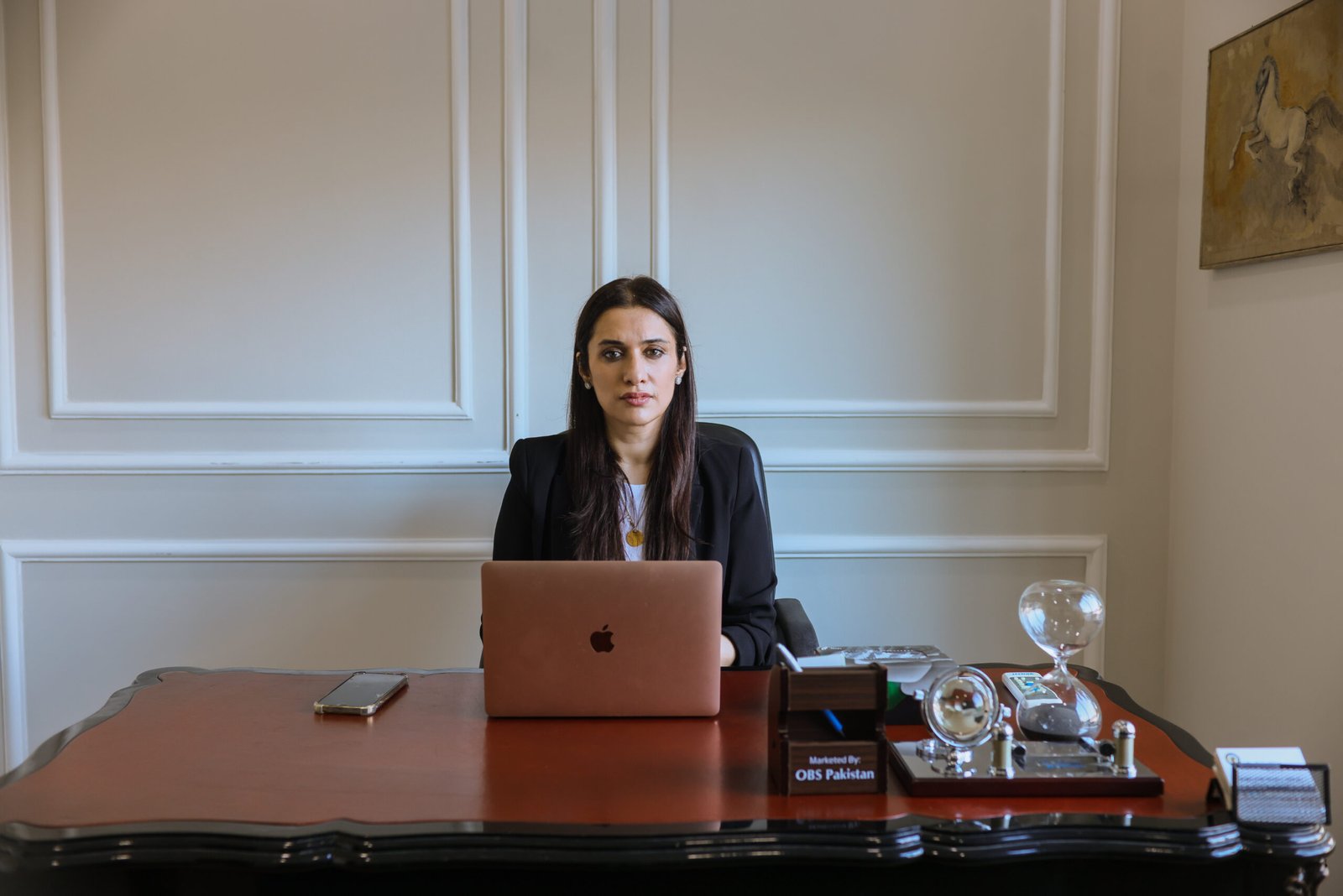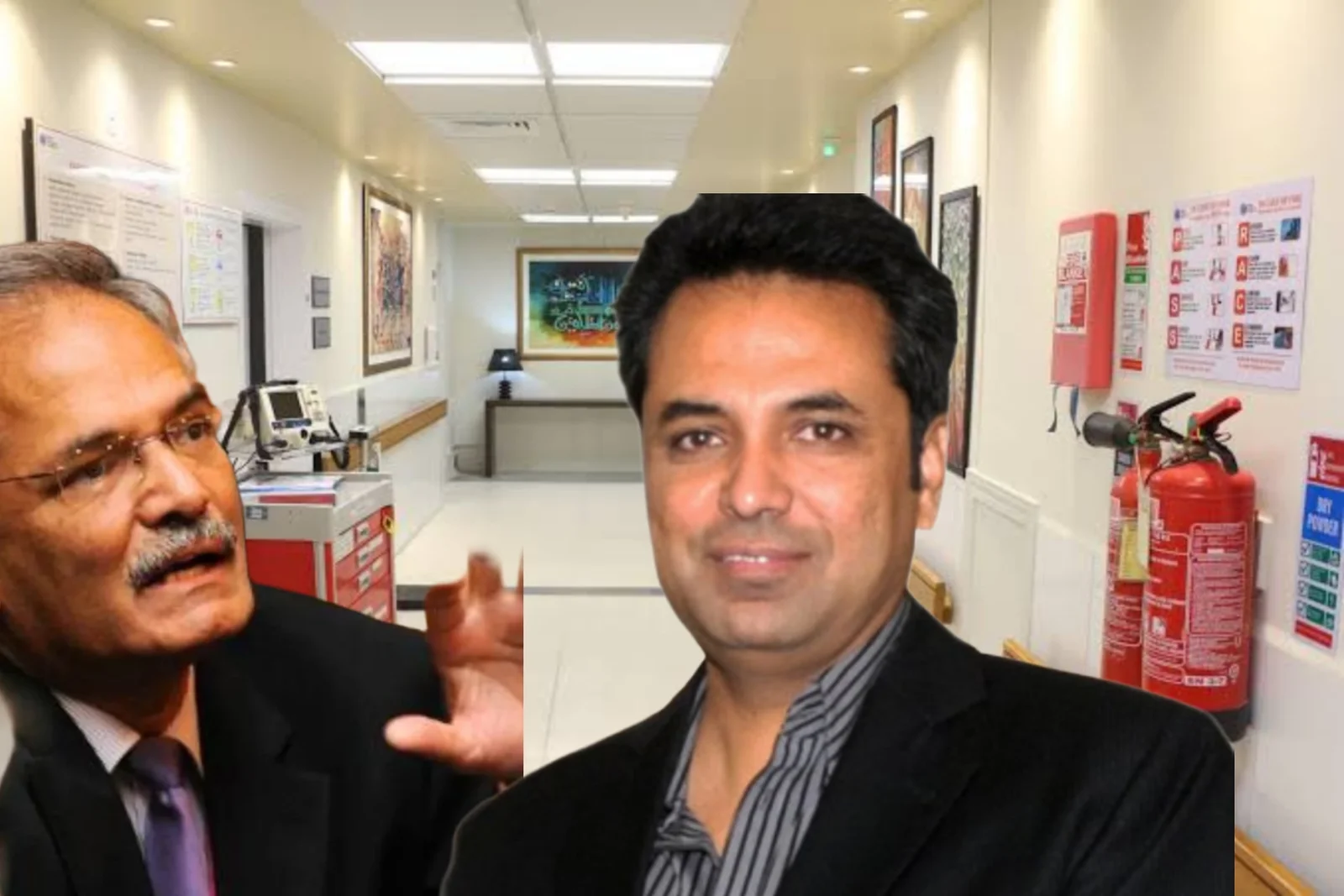
Sara Tanwir, Pakistan’s first female embryologist, is a trailblazer in the field of assisted reproductive technology (ART). With over two decades of groundbreaking work, she has helped bring over 1,000 babies into the world, introduced advanced fertility technologies to Pakistan, and transformed countless lives. In this exclusive interview, she shares her inspiring journey, the evolution of fertility treatments, and her vision for making these services more accessible. The Scoop has the privilege of speaking to her to bring you this insightful conversation.
About Her Expertise and Journey
Q1: What inspired you to pursue a career in embryology, and how did you overcome the challenges of being the first female embryologist in Pakistan?
Sara Tanwir: I was deeply fascinated by the miracle of human development and wanted to help couples struggling with infertility achieve parenthood. The intricate scientific processes of fertilization and early embryo development inspired me. It was challenging to be the first female in this field, but my passion kept me going.
Q2: You’ve had a remarkable career spanning over two decades. What do you consider your most significant achievement in this field?
Sara Tanwir: My most significant achievement is that over 1,000 live babies have been born through my ART procedures.
Q3: You introduced Ericsson Technology to Pakistan. Could you share its impact on assisted reproductive treatments in the country?
Sara Tanwir: Ericsson Technology has yielded fantastic results, especially in family balancing. It’s a less invasive and more affordable option compared to IVF, benefiting non-affording patients immensely.

Infertility Treatments and Advancements
Q4: How has the field of assisted reproduction evolved in Pakistan during your career?
Sara Tanwir: Since IVF was declared legal in 2017, awareness has grown among infertile couples. However, the high costs and cultural barriers still limit access. Efforts are underway to develop affordable IVF options while ensuring safety and efficiency.
Q5: Could you share a memorable success story from your experience that had a profound impact on you?
Sara Tanwir: In 2021, I had a 44-year-old patient with severe infertility issues. With only one viable egg, we achieved a successful pregnancy. It was truly rewarding.
Q6: What do you see as the next big breakthrough in fertility treatments with advancements in artificial intelligence?
Sara Tanwir: AI is revolutionising fertility treatments by improving embryo selection, ovarian stimulation management, and patient care. However, its implementation must be cautious to ensure effectiveness and privacy.
Social Stigmas and Challenges
Q7: How do you address cultural and religious misconceptions when counselling patients?
Sara Tanwir: We assure patients that IVF is legal under Shariah law between a husband and wife. We also dispel myths about IVF being unsafe or harmful.
Q8: What strategies do you use to help couples cope with the emotional and social pressures of infertility?
Sara Tanwir: We offer counselling sessions with fertility consultants and psychologists to help couples navigate complex emotions like guilt, fear, and financial stress.
Q9: What role do schools, media, and the government play in educating the public about infertility and its treatments?
Sara Tanwir: Campaigns, awareness walks, print media, and live talk shows are crucial in educating the public. Schools and government initiatives can also play a pivotal role.
Affordability and Accessibility
Q10: What more can be done to make infertility treatments accessible to low-income families?
Sara Tanwir: At TAMC, we offer flexible payment plans and discounts. We also provide alternative treatments to accommodate different financial situations.
Q11: Have you approached the government to subsidize fertility treatments?
Sara Tanwir: Yes, but I’ve yet to receive a positive response from government sectors.

Medical and Ethical Perspectives
Q12: What are the most persistent myths about infertility that you encounter?
Sara Tanwir: Common myths include infertility being primarily a female issue, men’s fertility not declining with age, and irregular periods equating to infertility.
Q13: How do you ensure transparency and trust with your patients?
Sara Tanwir: Transparency is key. We only perform ART between legal spouses, requiring IDs and Nikahnamas, and maintain strong documentation.
Q14: How do you manage patients’ expectations regarding IVF success rates?
Sara Tanwir: IVF has a global success rate of 40%. We manage expectations by counselling patients about realistic outcomes, emphasizing lifestyle improvements for better results.
Future Outlook
Q15: What is your vision for the future of fertility treatments in Pakistan?
Sara Tanwir: I aim to establish satellite centers nationwide, providing comprehensive infertility care and making treatments accessible to all.
Q16: Are you involved in training the next generation of embryologists?
Sara Tanwir: Yes, I conduct training programs and collaborate with international societies to stay updated. At TAMC, I have over five trainees learning new technologies.
Q17: How does Pakistan compare to other countries in fertility treatment facilities and research?
Sara Tanwir: Pakistan now has state-of-the-art IVF labs, internationally trained professionals, and advanced ART protocols, yielding excellent results comparable to global standards.








